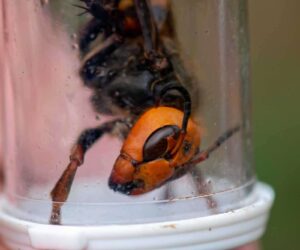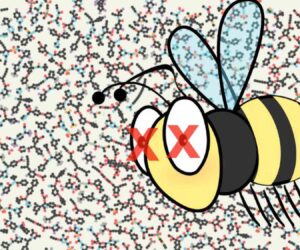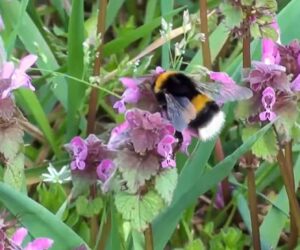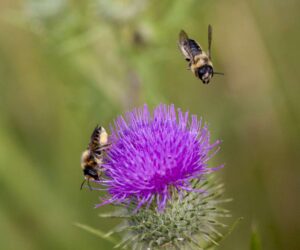
Picture shows Dr Samuel Myers, a principal research scientist at Havard's department of environmental health and the senior author of the study, undated. Insufficient pollination has been linked to more than 400,000 annual excess deaths by scientists at a renowned university in the United States. (NewsX/Bee)





